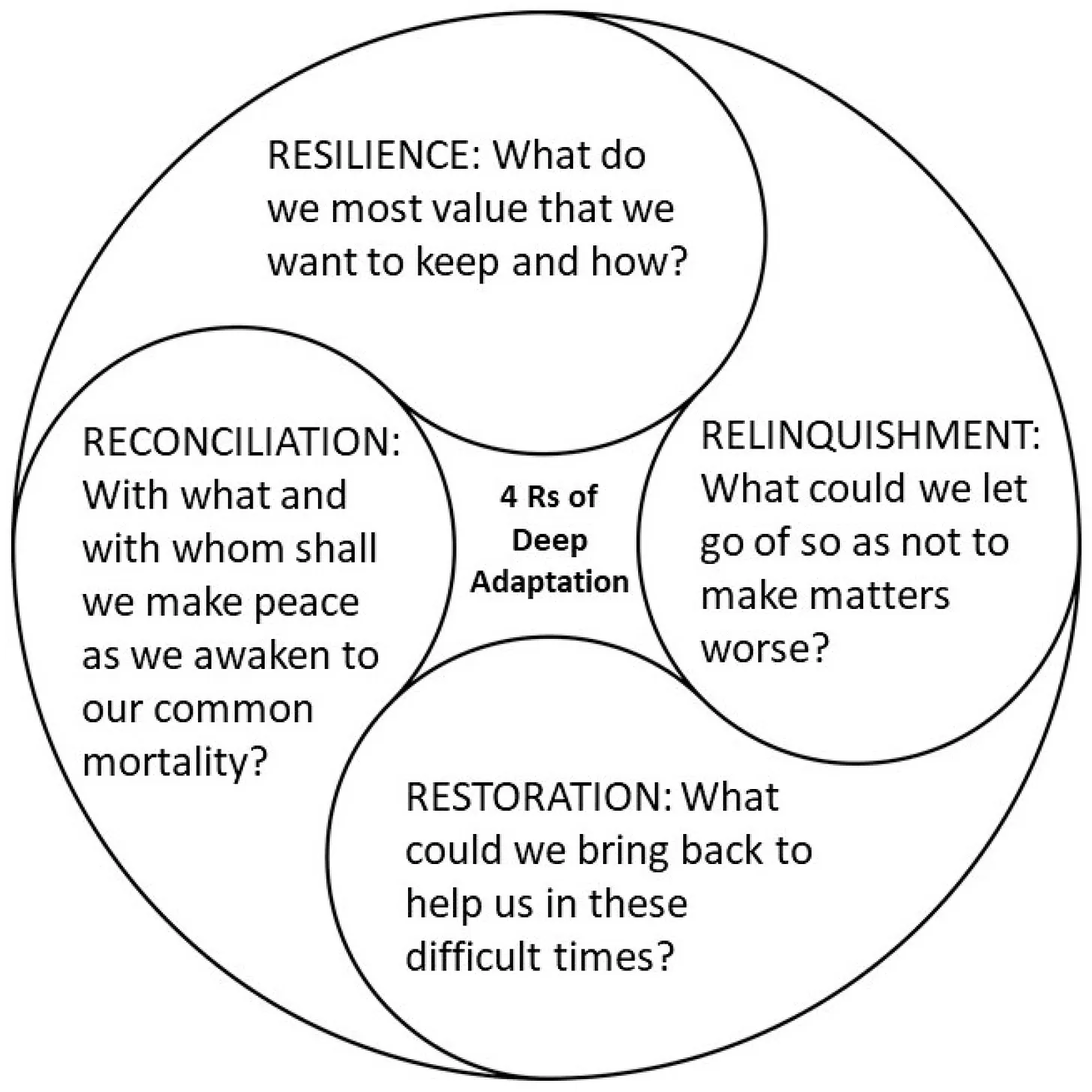Seal pup nearly strangled by plastic waste.
Humans produce roughly our own weight in plastics each year. How much actually ends up in the oceans is still a matter of debate but scientists in one study have estimated between 4.8 and 12.7 million metric tonnes (in 2010 alone). Three- fourths of the plastic waste on Earth comes from uncollected litter, the leaked from assorted dump sites over the years. Most of the drastic increase between 1950 and 2015 has been documented in the Journal Science Advances, i.e.
https://www.researchgate.net/publication/318567844_Production_use_and_fate_of_all_plastics_ever_made
The scourge of plastic proliferation and its adverse effects on sea life has only become more widespread since that paper. We now know that seal strangulation has reached epic proportions. Also, the strangulation process is slow and painful. Do a quick Google search i.e. "seals strangled by plastic" and you will bring up hundreds of images of the critters with plastic bags, plastic waste etc. wrapped around their necks and bodies. As the pups grow, however, the plastic doesn't expand to accommodate the growth. No, it tightens around their necks, flippers and mouths - strangling them or choking them into gruesome deaths.
But what isn't visible often affects these sea animals even worse. Thus, after ingesting pounds of nearly invisible microplastics, seals may suffer for months before they die a ghastly death as the chemicals build up in their bodies.
And seals aren't the only creatures affected by our plastic habits. In recent years, record numbers of dead dolphins have washed up on our shores. Biologists from the Florida Fish and Wildlife Commission have cut open the stomach of one juvenile dolphin to determine the cause of death: a balloon and two plastic bags. This is one example, but not a one off, many more instances of plastics ingestion have been uncovered to reveal the problem is massive. Also, the bigger the animal the greater the plastic mass found inside.
One whale was found with 88 pounds of plastic in its body. Another, in Indonesia, was found with a flip-flop in its stomach. Evidently, when whales swim through the water swallowing krill they ingest scads of plastic as well. The whales and dolphins that don't die from entanglement die from ingestion and the build up of toxic chemicals in their bodies.
Sea birds are also affected, and nearly 80 percent have been found with plastic in their stomach. The plastic fills their stomachs to the point they are unable to eat any more. Those that survive the immediate ingestion develop kidney problems from the chemical effects and have chicks that are smaller, with shorter wings and bills. Today, about one third of all albatross chicks are dying from plastic ingestion.
Humans also are not immune to the effects of plastic, especially those of us who fancy seafood. Those of us who like to eat tuna, salmon, cod - say up to three times a week - will generally consume up to 11,000 plastic particles a year - according to a Sierra Club study. It's in our food, our water and even the sea salt we like for seasoning. The chemical effects of this plastic consumption are many and can range from kidney, urinary and gastric problems to cancer, including of the liver, stomach. One Consumer Reports study e.g.
detected more than one thousand chemicals in plastics of which 80 percent were unknown.
Watch what you eat all you want, and even become a vegetarian - but you cannot escape the plastic scourge. Until we solve the plastic crisis you will be eating petro chemicals and be susceptible to the harm that comes with them.
But the tackling of the plastic problem may be the one thing, with multiple concrete steps, we can do to improve the Earth for its inhabitants in a timely manner. Some of the steps would include:
- Pushing to get disposable plastics out of state, local and national parks.
- Getting state and local governments to do more to halt plastic bag dispensing in large supermarkets.
- Supporting counties, cities and states across the nation in their efforts to successfully enact laws to significantly reduce single use plastics. This would include bans on: polystyrene foodware, bags, balloons, water bottles, and retail sale of tobacco product plastics.
- Support the Break Free From Plastic Pollution Act of 2021.
Each step taken by enough individuals can finally make the planet at least safer from the viewpoint of less plastic - even if we must still contend with rising CO2. In the case of the latter, I had hoped the inflation at the gas pump would entice Americans to take it as an opportunity to reduce fossil fuel consumption. But instead too many are calling for Biden to release more strategic reserves and for states to eliminate gasoline taxes to make it cheaper. (Employers could also help by lessening the need for commutes, especially long ones - by allowing more to work from home.)
No one, it seems, is ready to dump fossil-fuel guzzling cars to save the planet and the humans on it. But maybe, just maybe. we can do something now to at least control the plastic spread and toxic effects.
See Also:
by Thomas Neuburger | April 20, 2022 - 5:25am | permalink
And:
by Robert Jensen | April 20, 2022 - 5:12am | permalink

And:
by Veronika Perková | April 21, 2022 - 5:19am | permalink



No comments:
Post a Comment